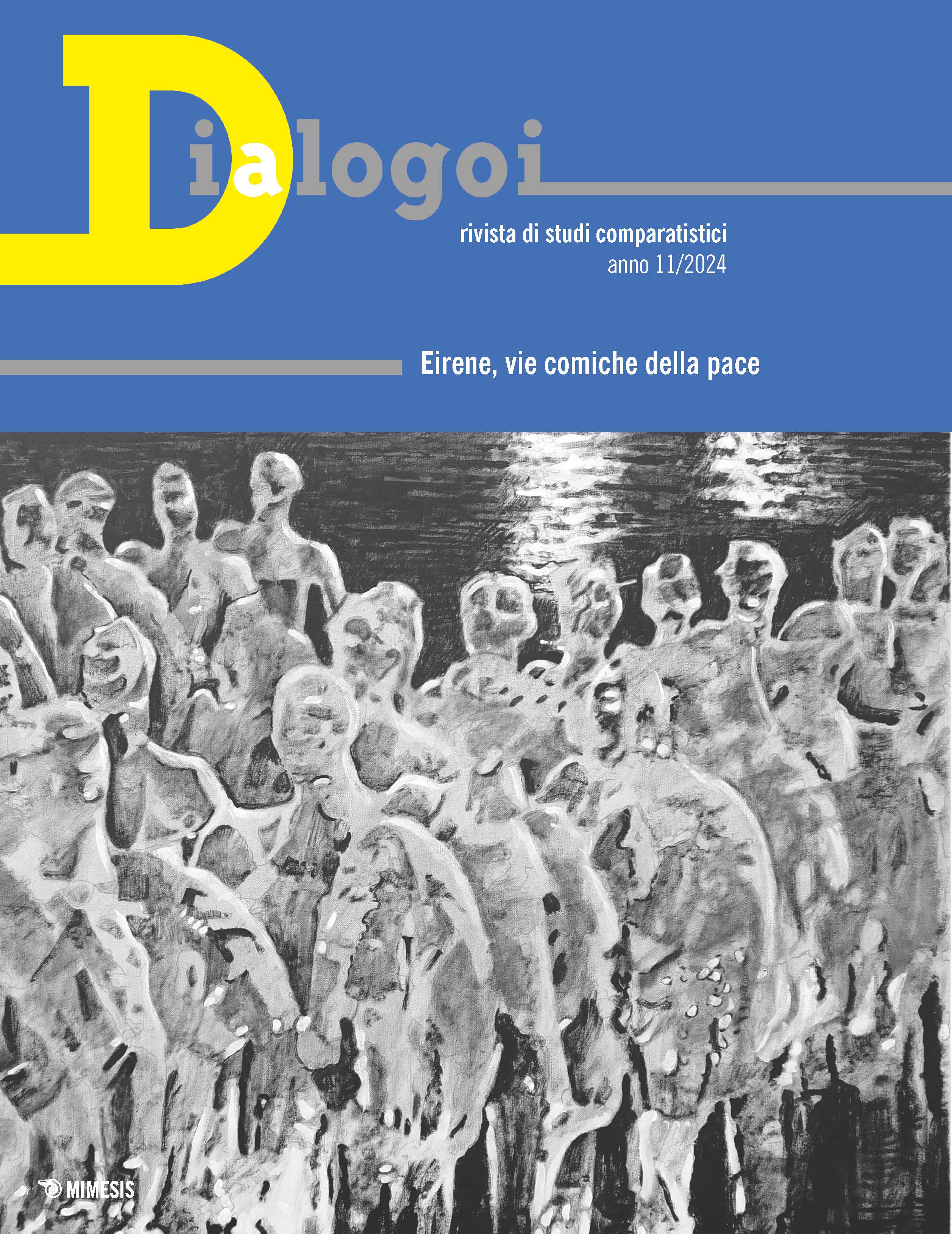Abstract
Nel presente articolo si prende in esame la storia del pacifismo russo alle sue origini, dalle prime esperienze dei secoli XVII e XVIII fino al trattato di Vasilij Malinovskij Ragionamento sulla pace e sulla guerra (1803). Nel corso della trattazione si evidenziano le fonti d’ispirazione occidentali (dall’Abbé de Sainte-Pierre a Rousseau, Bentham e ai pensatori cristiano-riformati) e si analizza il concetto di “pace giusta” elaborato da Malinovskij anche alla luce degli eventi storici del primo Ottocento (in primis le guerre napoleoniche). La trattazione, dopo brevi cenni al decabrismo, si concentra su uno scritto poco noto di Aleksandr Puškin dedicato al concetto di “pace perpetua” ispirato dall’interpretazione rousseauiana degli scritti del Saint-Pierre, per poi passare a tracciare alcune linee della genesi del pacifismo tolstoiano già nelle sue prime opere, quali I Racconti di Sebastopoli e le prose dedicate alla guerra sul Caucaso.

